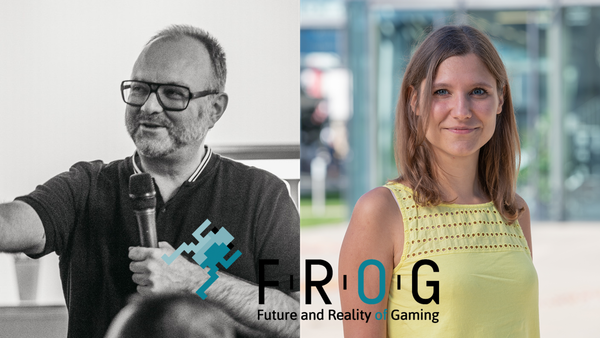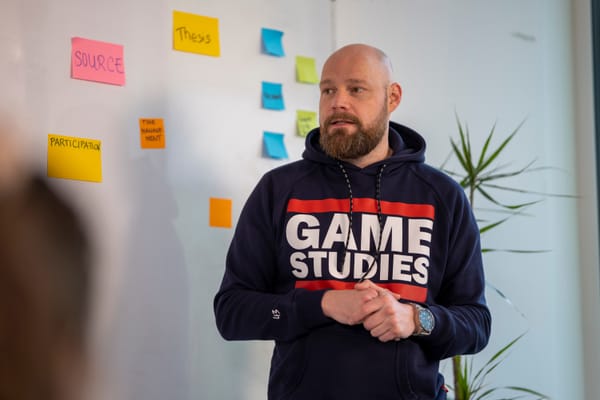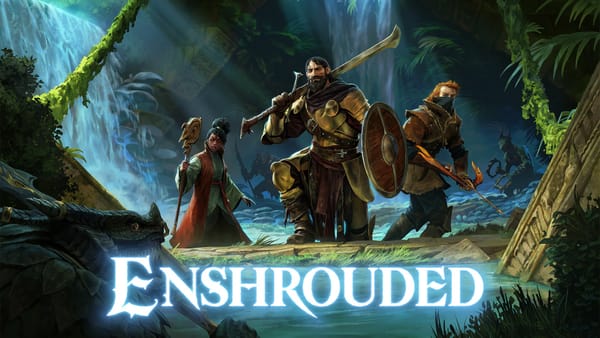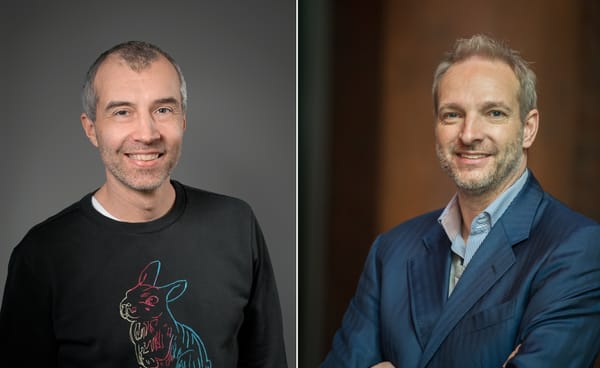Bertelsmann Stiftung Study Explores the Democratic Potential of Gaming Communities
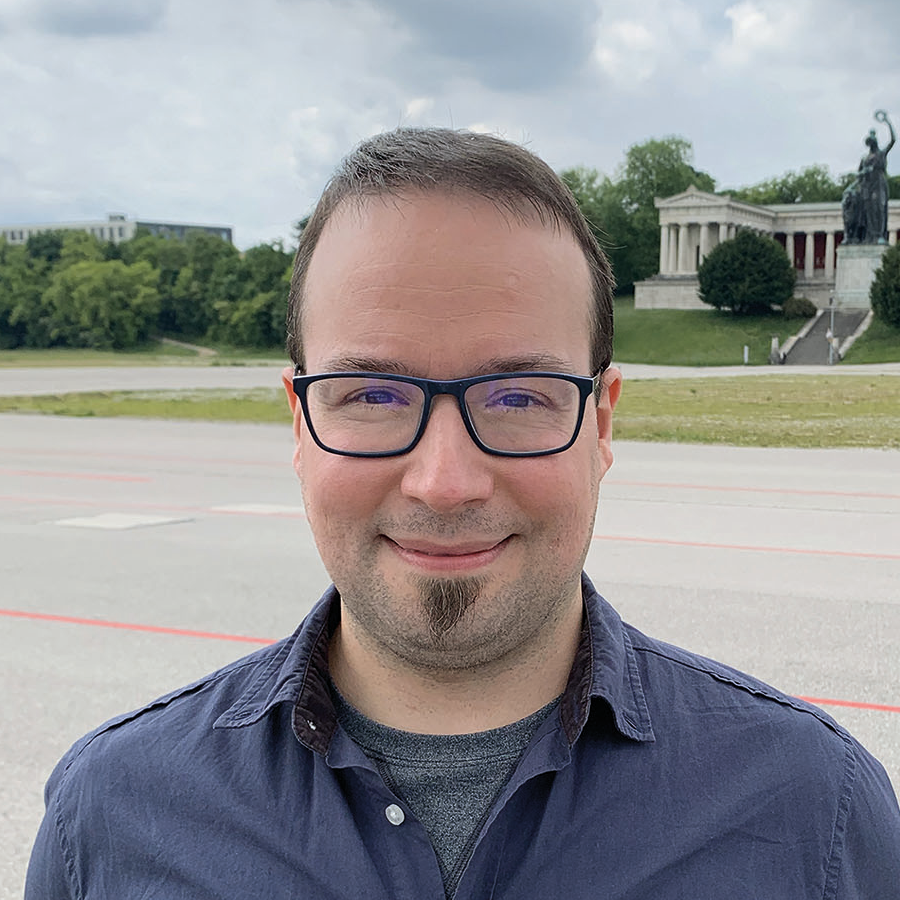


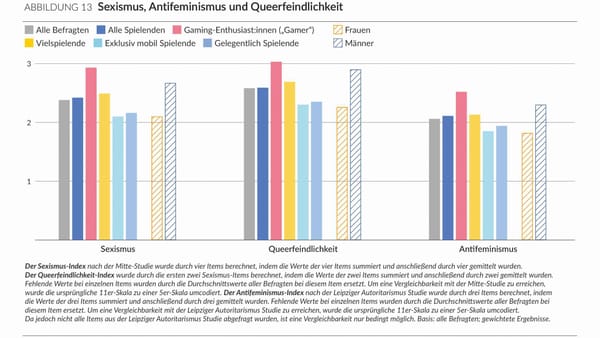
"Gaming communities are anything but apolitical" is one of the findings of the Bertelsmann Stiftung's study, "Spielräume für Demokratie - Potenziale und Spannungsfelder im Gaming" (Room for Democracy: Potential and Areas of Tension in Gaming).
In Germany, gaming is generally regarded as either an economic factor or a form of entertainment. However, the political views of gamers are often overlooked, particularly when they interact with each other in gaming communities such as Twitch, TikTok, YouTube or Discord. These digital spaces bring together a high level of socio-political engagement and trust in democracy with a culture of debate that is both diverse and problematic in some respects. This topic was examined in a study by the Bertelsmann Foundation, written by Dr Joachim Rother, Jessica Gerke, Aurelia Brandenburg and Prof. Dr Jeffrey Wimmer.
The Bertelsmann Stiftung investigated the political mindset of members of these communities in Germany, examining their thinking and actions. One finding of the study is that digital game users show a similar willingness to engage in socio-political activities to that seen among all respondents. Those who play frequently and would describe themselves as 'gamers' are more likely than average to participate in democratic processes. For example, 45 per cent of this group of 'gaming enthusiasts' say they have participated in a petition or civic engagement initiative in the past twelve months. This makes them more active than the general population (39%). The difference is even greater when it comes to making political comments on social media (43% compared to 25%) and participating in demonstrations (27% compared to 14%).
"Gaming communities are anything but apolitical. For many young people, they provide an important channel through which to form political opinions and learn the rules of democracy. However, they have so far been overlooked or dismissed by politicians and the public. It is time to harness the democratic potential of gaming communities," says Joachim Rother, a gaming and democracy expert at the Bertelsmann Foundation.
A similar picture emerges when it comes to trust in democracy. When asked whether democracy works, "gaming enthusiasts" are more likely to approve than the average respondent (65% compared to 55%). They are also more likely to trust politicians to solve problems (53% compared to 42%). As Rother emphasises, gaming communities are more than just a way to pass the time; they are social and cultural spaces in which many people find connection and participation. For instance, 43% of young men aged 16-34 feel they belong to a gaming community. Over half of this age group (54%) say that they have made friends through gaming.
However, the study also highlights some problematic aspects. For example, the more players engage in social interaction online, the more frequently they report having experienced discrimination or bullying. Another issue is that 58% of the youngest group of enthusiasts rate themselves as moderately or severely lonely. Last year, the Bertelsmann Foundation demonstrated that loneliness particularly affects young people. It is also concerning that anti-Semitic, sexist, and queerphobic attitudes are significantly more prevalent among gaming enthusiasts than among all respondents. According to the Bertelsmann Foundation, these findings necessitate further research and comparisons with other online spaces.
"Gaming communities mirror many of the issues that society as a whole faces. Attitudes such as misogyny and homophobia are particularly common among young men, who make up three-quarters of 'gaming enthusiasts'. This is another reason why it is important to take a closer look at gaming communities. Doing so increases the chance of helping affected young people and countering anti-democratic tendencies," says Jessica Gerke, a youth expert at the Bertelsmann Foundation. According to Gerke, in order to highlight both the potential and the challenges that gaming communities pose to democracy, it is crucial that they are finally recognised by politicians and the public as "central and identity-forming spaces of experience for millions of young people".
The study data were collected by polityx strategic research on behalf of the Bertelsmann Foundation. The survey was conducted via an online panel using a quota sample. A total of 6,435 internet users aged 16 and over were surveyed between 10 and 25 March 2025. Of these, 1,203 respondents identified as 'gaming enthusiasts'.
Never miss anything from the German, Swiss and Austrian games industry again: subscribe for free to our Daily newsletter and get all news straight to your inbox.
